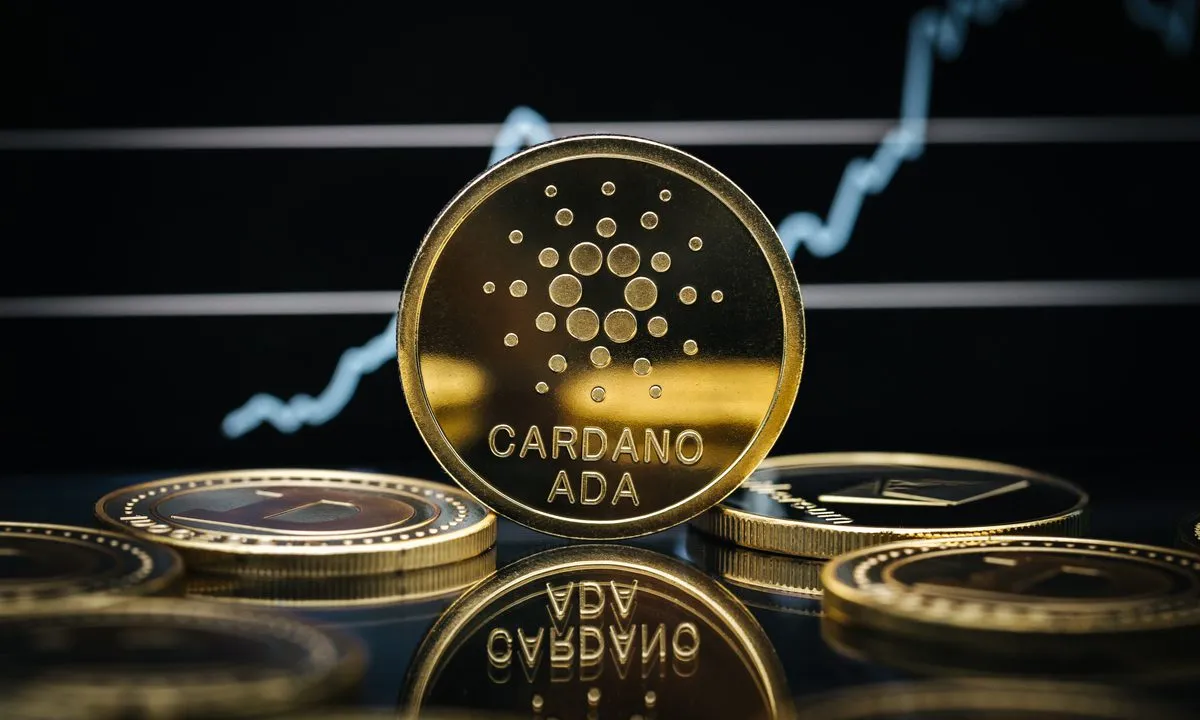|
Getting your Trinity Audio player ready...
|
Tokenized Gold Goes Live on Cardano: A New Era for Real-World Asset Tokenization
In an exciting update for the cryptocurrency world, Finest has officially launched its tokenized gold, represented by the ticker fGLD, on the Cardano network. This innovative platform aims to bridge the gap between traditional assets and digital currency by allowing users to invest in a tokenized form of physical gold. With an initial market cap of $150,000, fGLD marks a significant step forward in the realm of real-world asset (RWA) tokenization, a concept gaining traction within the crypto industry.
A Glimpse into Real-World Asset Tokenization
Real-world asset tokenization is revolutionizing the way we view investments, allowing users to hold tokenized versions of tangible assets such as gold, real estate, and stocks. The total value of RWAs on-chain has skyrocketed to over $12.15 billion, drawing attention from major players like BlackRock, which is exploring various avenues in this space. The introduction of fGLD on Cardano is particularly notable, as it enables users to hold and redeem their investments in physical gold, enhancing credibility in a market often criticized for its volatility.
Launched with much anticipation on September 2, fGLD allows users to convert their digital tokens back into physical gold. Each token is backed by actual gold stored in the vaults of Pro Aurum, a respected dealer in Germany, certified by the London Bullion Market Association (LBMA). For users wishing to redeem their fGLD tokens, Pro Aurum offers two options: they can either have the gold delivered to their address or schedule a pickup in Munich, ensuring convenience and accessibility.
Finest’s commitment to transparency and security is reflected in its meticulous process of storing gold. Each of the $150,000 worth of fGLD tokens corresponds to physical gold, reassuring investors of the asset’s tangible backing.
The Competitive Landscape
Despite the excitement surrounding fGLD, it’s important to recognize that Cardano has been playing catch-up in the RWA arena. Major competitors like Ethereum, Stellar, and Solana currently dominate the market, holding USD values of RWAs at $2.8 billion, $423 million, and $122 million, respectively. Nevertheless, the partnership with EMURGO to launch tokenized gold on Cardano is a positive sign that the network is working to expand its offerings.
Addressing User Concerns
While the rollout of fGLD has been largely well-received, it hasn’t been without its challenges. Users can purchase fGLD tokens using ADA, USDC, or credit cards. However, payments in USDC require bridging to the Polygon blockchain, raising questions among some users about why a payment option on Cardano necessitates crossing over to another network.
In response, Finest clarified that the choice of using Polygon stems from the lack of liquidity in Cardano’s stablecoin market, with no major USD-backed stablecoins currently available on the network. This highlights an area for growth as Cardano aims to attract more stablecoin projects, including the upcoming USDA.
Also Read: Cardano (ADA) Price Analysis – MVRV At -25.67% And Negative DAA Divergence Spell Trouble Ahead
As tokenization continues to gain momentum in the cryptocurrency space, the launch of fGLD on the Cardano network signifies an exciting new chapter for investors. With plans for further developments in stablecoin options and an increasing interest in RWA tokens, Cardano is positioning itself as a formidable player in the tokenization landscape. As the industry evolves, the potential for tokenized assets to reshape traditional finance is becoming clearer, and Cardano is poised to be at the forefront of this transformation.
Investors looking to enter the world of tokenized assets now have a compelling opportunity with fGLD, a venture that blends the stability of physical gold with the innovative potential of blockchain technology.
Disclaimer: The information in this article is for general purposes only and does not constitute financial advice. The author’s views are personal and may not reflect the views of Chain Affairs. Before making any investment decisions, you should always conduct your own research. Chain Affairs is not responsible for any financial losses.



